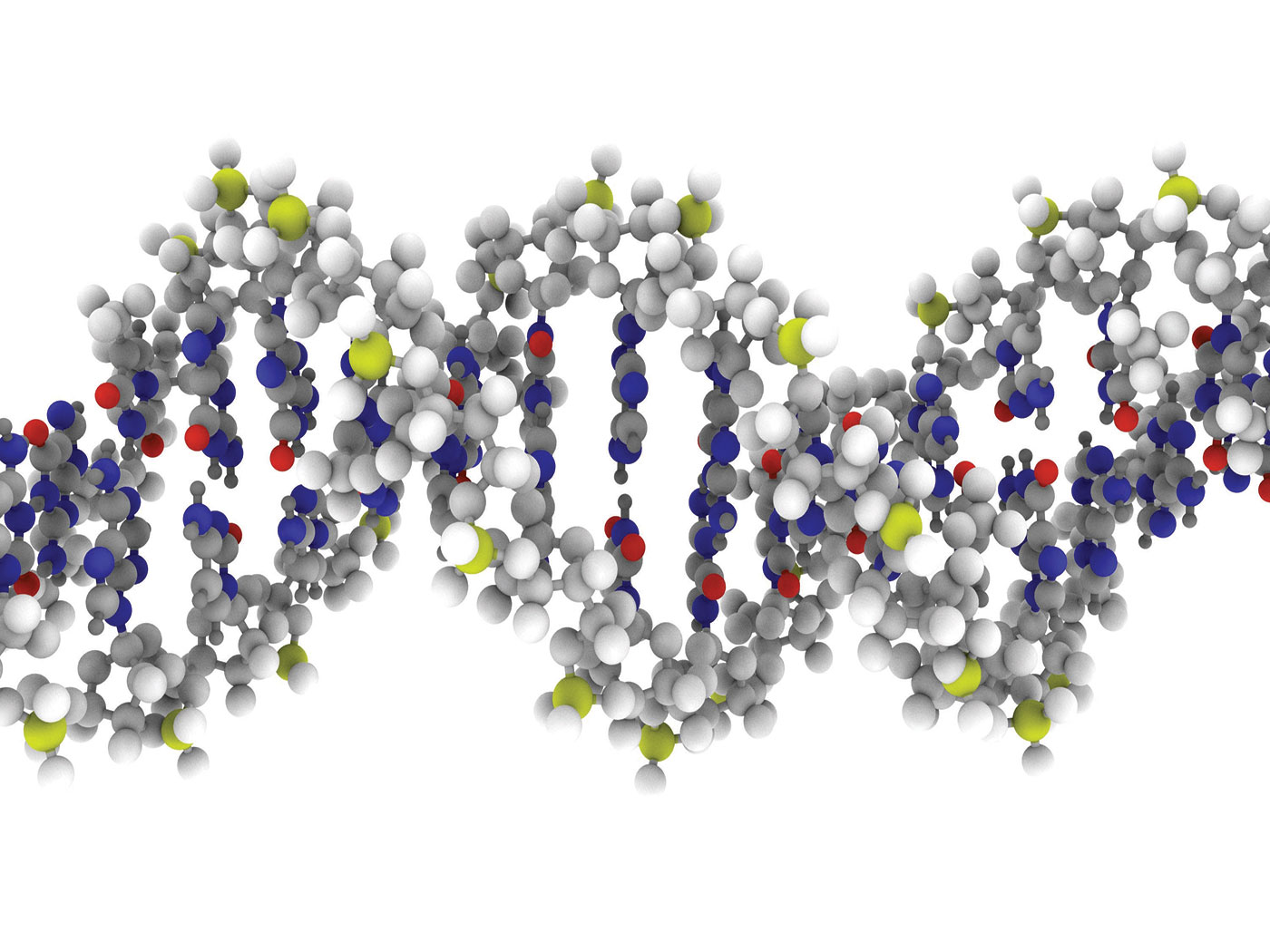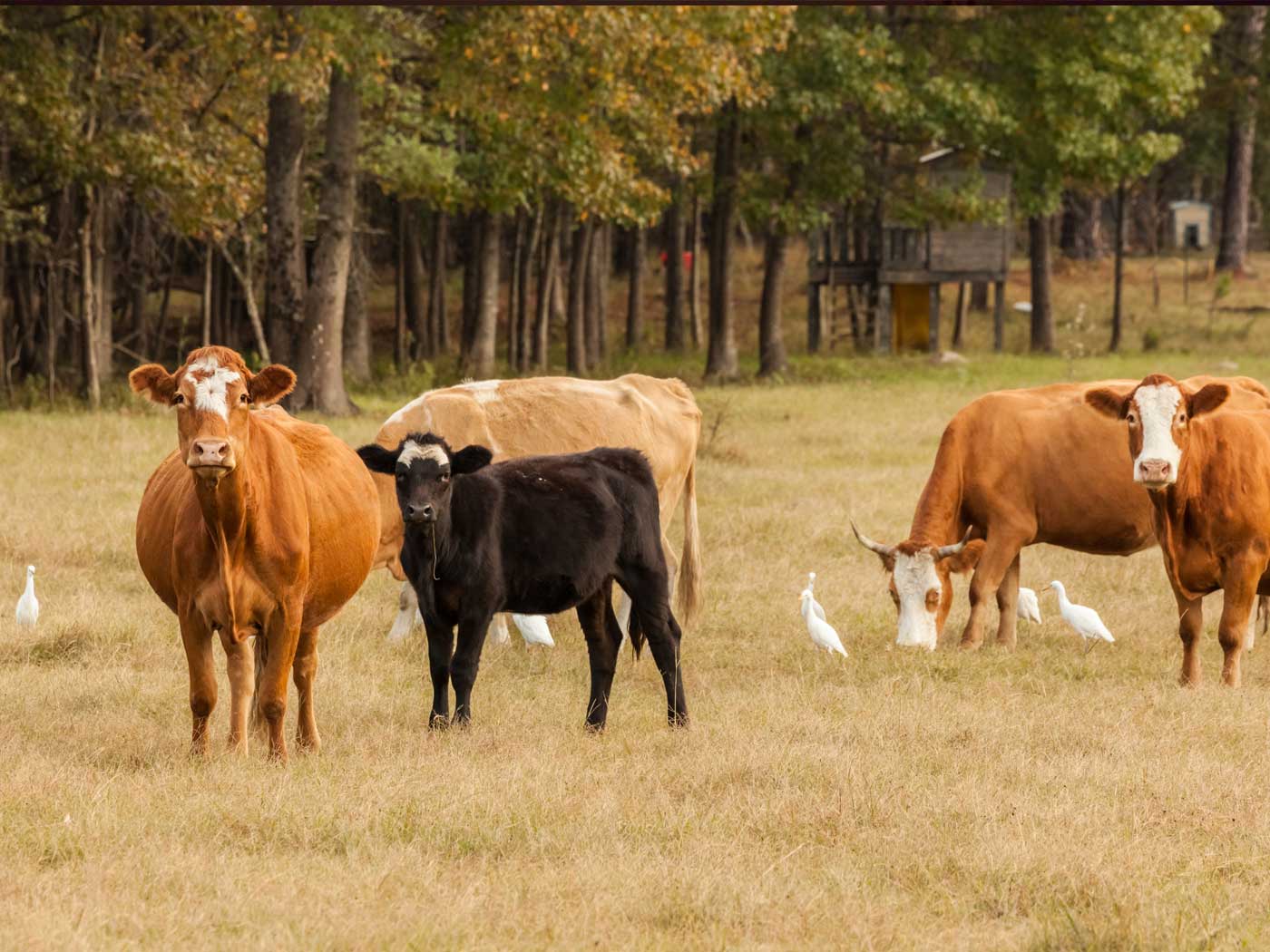"But they that wait upon the LORD shall renew their strength; they shall mount up with wings as eagles; they shall run, and not be weary; and they shall walk, and not faint." (Isaiah 40:31)
This is one of the best-loved promises of the Bible, for it is easy to grow weary and faint in our mortal bodies, even when doing the work of the Lord. The answer, we are told, is to "wait upon the LORD."
But what does this mean? The Hebrew word (gavah) does not mean "serve," but rather to "wait for" or "look for." It is translated "waited for" the second time it is used in the Bible, when the dying patriarch Jacob cried out: "I have waited for thy salvation, O LORD" (Genesis 49:18).
The first time it is used, surprisingly, is in connection with the third day of creation, when God said: "Let the waters under the heaven be gathered together unto one place" (Genesis 1:9). That is, the all-pervasive waters of the original creation, divided on the second day of creation, now are told to wait patiently, as it were, while God formed the geosphere, the biosphere, and the astrosphere, before dealing again with the waters.
Perhaps the clearest insight into its meaning is its use in the picture of Christ foreshadowed in the 40th Psalm. "I waited patiently for the LORD; and he inclined unto me, and heard my cry" (Psalm 40:1).
"The everlasting God, the LORD, the Creator of the ends of the earth, fainteth not, neither is weary" (Isaiah 40:28), and His gracious promise is that we can "renew our strength" (literally, "exchange our strength," our weakness for His strength!) by "waiting upon |Him|." We wait patiently for Him, we gather together unto Him, we look for Him, we cry unto Him, we trust Him, and He renews our strength! HMM
























